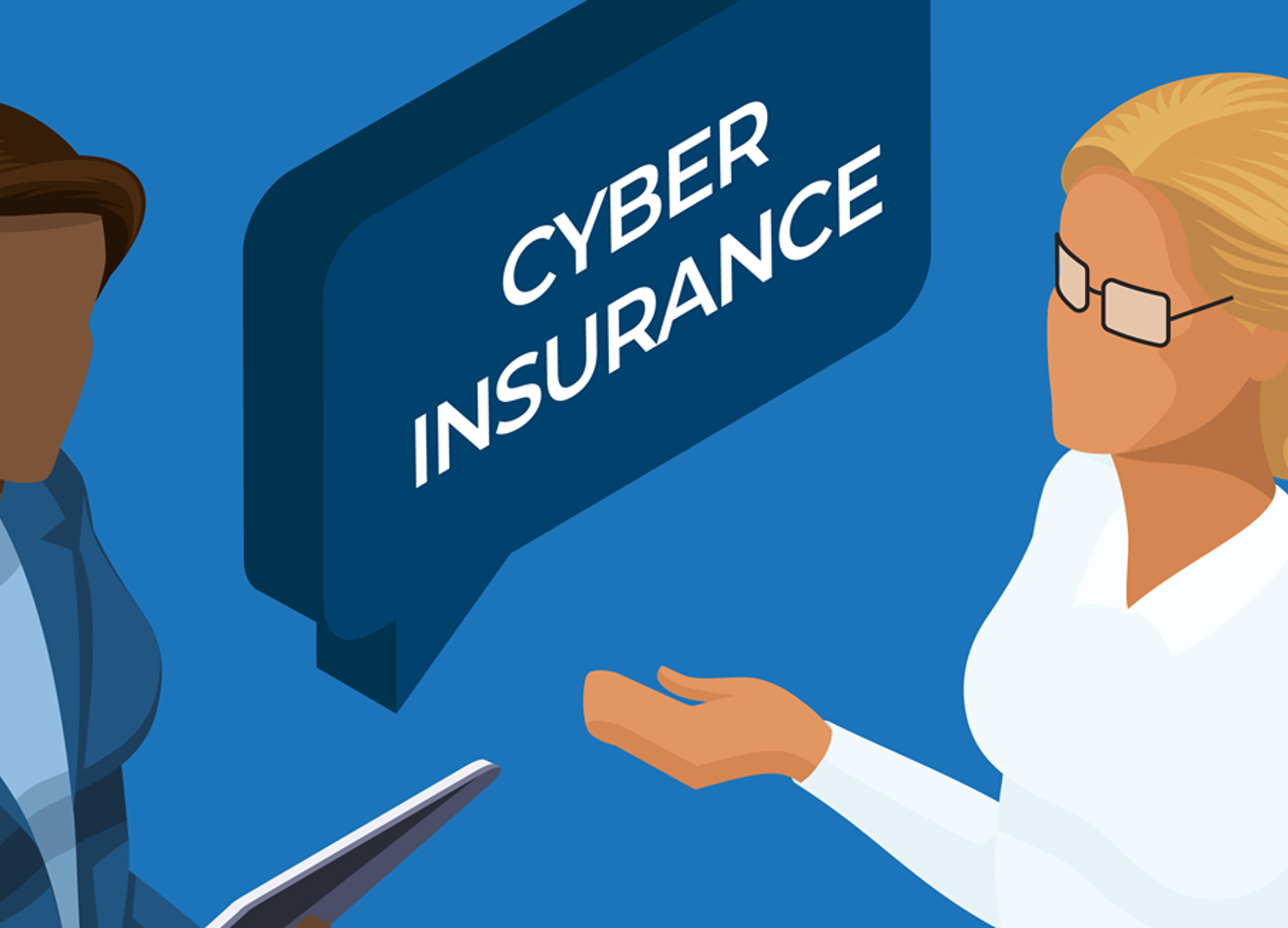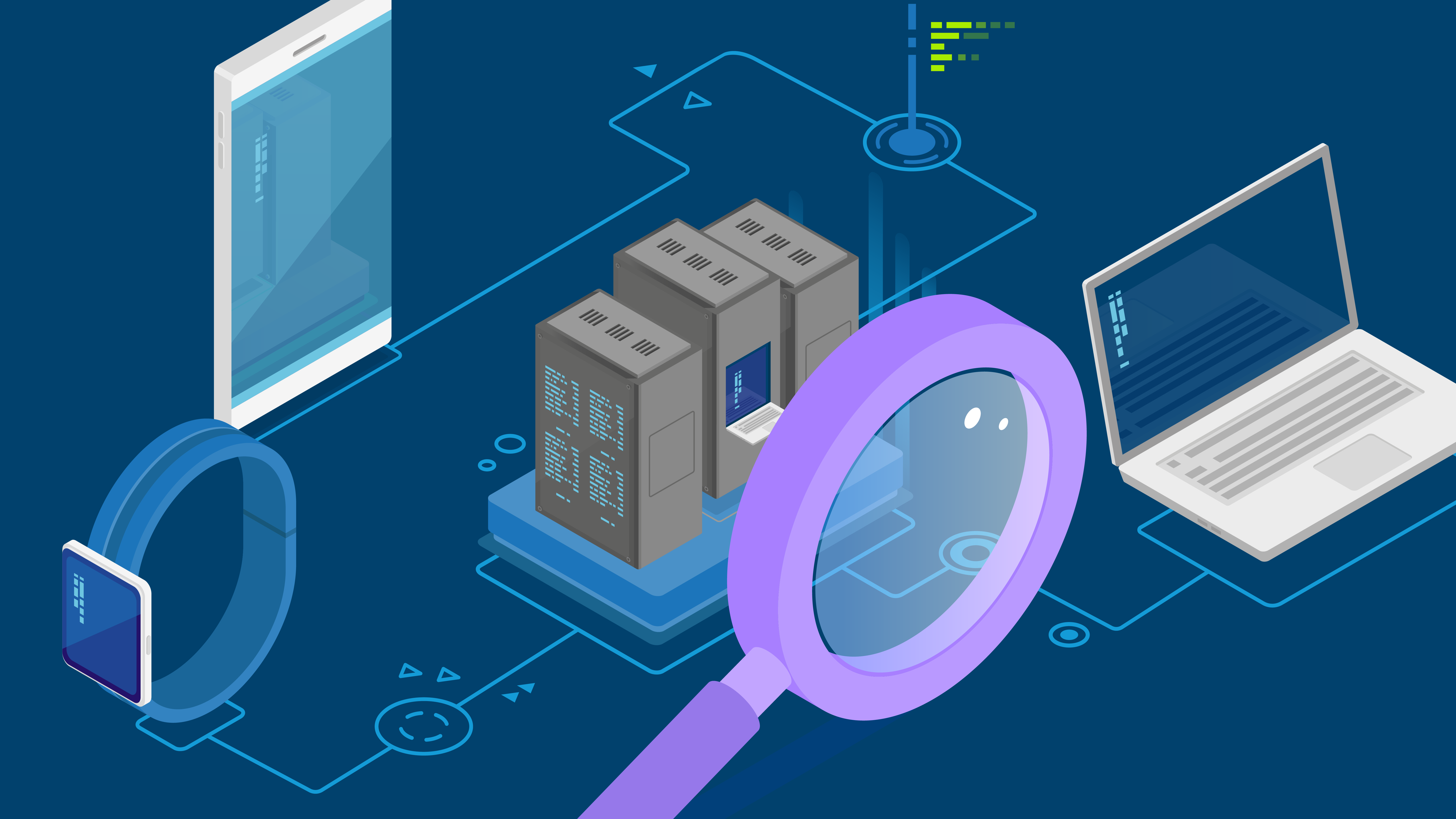Cyber insurance: is it vital for comprehensive business protection?
As today’s cyber threats evolve and strengthen, there are many reasons for businesses to purchase cyber insurance. But is it really necessary, or can you get by without?
How cyber insurance makes a difference
Just as the Great Fire of London led to the creation of fire insurance, the modern world’s reliance on everything digital—giving rise to increasingly sophisticated cyber threats—has made cyber insurance an invaluable tool for any modern business. Fire damage may sound more costly than a cyber incident, but that’s not exactly the case. How would your business cope if ransomware ground operations to a halt for 24 days—the average length of downtime after an attack? Or if swathes of sensitive data were lost or stolen?
Also referred to as cyber liability insurance and cyber security insurance, cyber insurance is here to lend vital support when the worst happens. It works by enabling businesses to share their cyber risk with the insurer, so they receive cover for financial loss relating to cyber incidents. But more than cover for financial loss, top cyber policies also come with advanced cyber security services, such as proactive cyber attack prevention to stop incidents before they happen and rapid incident response to minimize impact when they do.
Cyber incidents: the risks and consequences
Fueled by computer systems becoming central to our ways of working and cybercriminals developing more devastating cyber attack techniques, the disruptive impact of cyber incidents is growing. It’s now vital to have robust cyber security practices in place to mitigate the risk these threats present. But since no amount of security can make a business impenetrable, cyber insurance can play a key role in helping to ensure financial stability, avoid reputational harm, comply with an evolving regulatory landscape and repel and remediate cyber incidents effectively.
Today’s top cyber risks
There are several key types of cyber attack you need to be aware of, with ransomware being the most infamous. In a ransomware attack, the threat actor gains access to systems and deploys ransomware, encrypting systems and data and potentially making the business inoperable. The hacker then demands a ransom in return for the decryption key.
On top of the financial impact of being unable to trade, resolving the incident, repairing systems and paying the ransom (if you choose to do so), news of a ransomware attack can harm reputations—especially if you store sensitive data on your network. In some situations, there may be legal implications too, if you’re found without the required level of cyber security and data privacy measures in place.
Here, having a cyber insurance partner experienced in navigating this process is vital to minimizing downtime, restoring or recreating data, even for handling negotiations with the cybercriminal. At CFC we also engage PR support as necessary, to help limit any reputational harm.
Then there’s social engineering, a persistent form of cyber attack where the threat actor imitates a third-party vendor or perhaps a senior figure in the business. The threat actor uses fake emails to convince the victim to wire money to the wrong bank account, with the funds often unrecoverable—and the actual bill still to be paid.
Without cover for financial loss caused by cybercrime, falling prey to an incident can have severe consequences in the short and long term, even threatening a business’s survival.
Assessing your cyber risk exposure
In the journey to mitigating cyber risk, a good place to start is by assessing a business’s unique exposure. There are various tools you can use to do this. To find out how much a ransomware attack might set a business back, check out our ransomware calculator—powered by data gathered from thousands of claims. Risk assessments can also help, but know they are often limited in what they tell you, as they’re unlikely to pick up on the full range of threats, taking just a snapshot of your cyber security at one time when the cyber security landscape is always changing.
Fortunately, the best cyber insurance providers are developing advanced threat hunting capabilities, including data from third-party intelligence feeds, to not only make forecasts on cyber claim events but actively prevent cyber attacks from happening. At CFC we offer proactive cyber attack prevention throughout the policy. That includes threat intelligence through our global network of government and private organizations, continuous threat hunting, analyzing our claims data to identify attack trends and vulnerability scanning to find cyber risks with a high correlation to claims.
By going with a comprehensive policy, you can ensure you have protection against various cyber threats, empowering you to focus on your business.
How to get started with cyber insurance
With cyber security one of today’s top business risks, cyber insurance is an absolute necessity for any business that relies on computer systems in any way. Because when those systems go down, it’s a huge burden to bear alone. After all, around 60% of small businesses shut down within six months of suffering a cyber attack.
If you’d like to learn more about our cyber insurance product, our expert team want to hear from you. Get in touch here.


